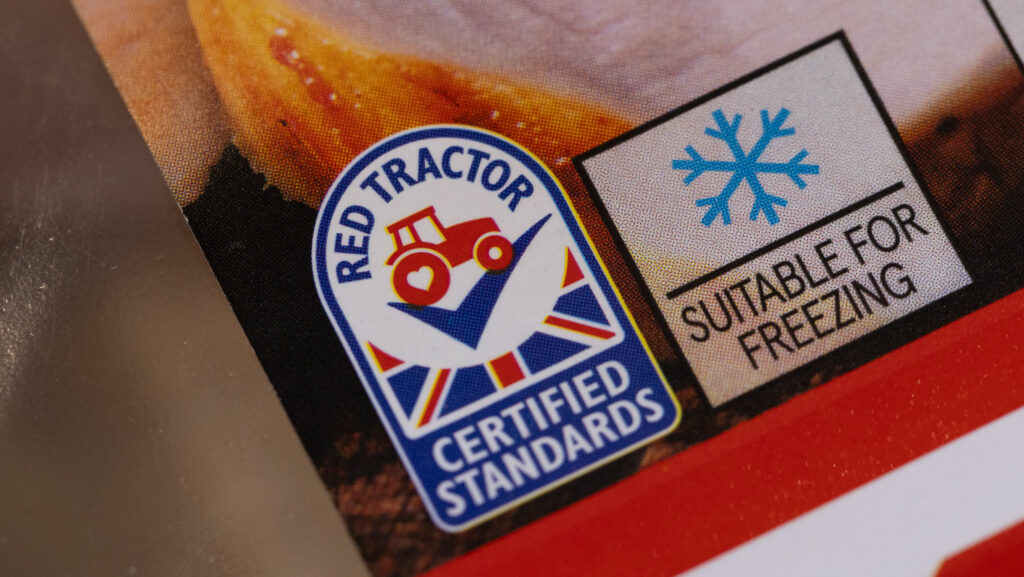Editor’s View: Vindication for critics of farm assurance
 © GNP
© GNP A farm assurance audit is like going to the dentist. Even if you’ve got the best possible practitioner, interacting with them is still an experience to be endured, rather than enjoyed.
Why? The best case scenario is you hand over money for the privilege of being told nothing is wrong.
The worst is they find some rot has crept in and you’re punished with a telling off and some painful remedial work.
See also: Review calls for overhaul of Red Tractor leadership approach
Of course, the point of going to the dentist and enduring this is the acknowledgement that a small pain tolerated today will hopefully reduce the risk of worse pain tomorrow.
That is where some farmers would say the similarity with farm assurance ends – claiming some schemes are set up to protect the retailers from pain, rather than farmers.
And it turns out that the commissioners set up to assess the efficacy of farm assurance in the UK agree.
In their major report published this week, they note that in spite of the benefits and the support for farm assurance in principle, there is much that is not right in practice.
Producer needs first
High among the issues that need addressing is a need to re-establish farmers as the driving force behind standards development, improve how schemes help us compete against imported food, and revise how they communicate that work back to industry.
In short, to make the pain worth enduring, these schemes must put the needs of the primary producer back at the core of their mission.
While the instigation of this report was rooted in the uproar over Red Tractor (RT), this comprehensive piece of work looked at the whole farm assurance landscape across the UK.
It found that a number of smaller schemes – which are frequently much narrower in scope – are much more popular with their farmer members than the bigger beasts.
Yet the gravitational pull of Red Tractor’s failings was clear throughout the report.
Consider this sentence: “Central to strengthening RT will be a board and senior executive team that recognises the scale of concern that exists and the urgency of action. We are concerned that is not the case.”
In short, to make the pain worth enduring, these schemes must put the needs of the primary producer back at the core of their mission.
This is damning criticism of the senior industry figures that sit on the board – some of whom are from organisations such as the national farming unions and AHDB that helped set up this review – and of Red Tractor senior staff.
If those that set it up had hoped to kick the problem of farm assurance into the long grass, then they will now be disappointed to see the well-rehearsed criticisms return with an additional layer of formality.
If their intentions were to seek full justification for imposing some major changes at Red Tractor – including to personnel – then they have been handed a barrel full of ammunition to work with.
Indeed, the commissioners have even mapped out a timetable within which they think their strategic recommendations can be implemented, many of which are achievable within six months.
The NFU, AHDB and Red Tractor itself said this week that they want more time to consider the 198-page report’s recommendations in detail.
Hopefully, they will use that time to rise to the occasion.

